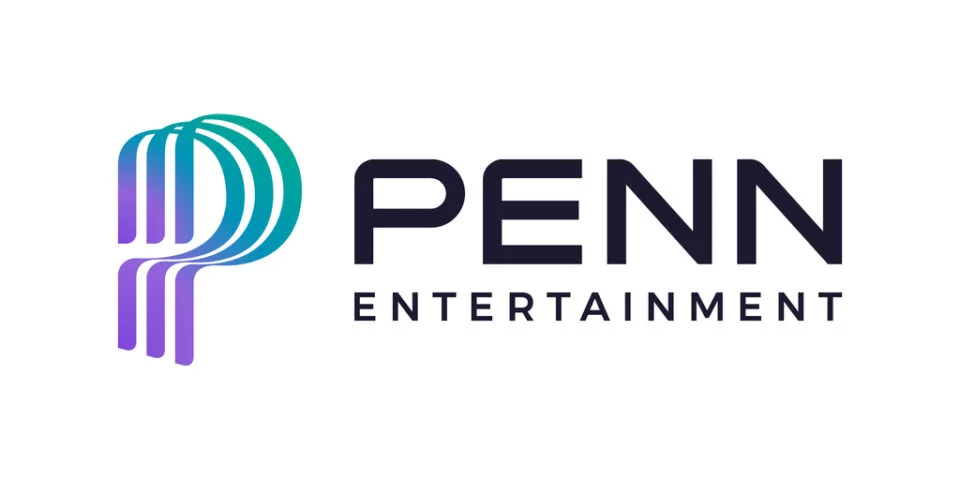PENN Entertainment Gains Glass Lewis Backing in Proxy Fight with HG Vora
PENN Entertainment scored a big win, as proxy advisor Glass Lewis endorsed its two board nominees, Johnny Hartnett and Carlos Ruisanchez, in a proxy battle with activist investor HG Vora.

A Crucial Endorsement
PENN Entertainment announced that Glass Lewis, a leading proxy advisory firm, recommended shareholders vote for its board nominees, Johnny Hartnett and Carlos Ruisanchez, at the annual meeting on June 17.
The firm praised the duo’s potential to “enhance board oversight of PENN’s capital allocation and digital strategy,” reinforcing PENN’s push to strengthen its leadership amid a proxy fight with HG Vora Capital Management.
“We’re pleased Glass Lewis recognizes our board’s thorough review,” PENN stated, noting 75% of its directors will be new since 2019 if the nominees are elected.
HG Vora, holding a 4.8% stake, nominated three candidates: Hartnett, Ruisanchez, and William Clifford, to overhaul PENN’s board, citing a 40% stock lag behind peers since 2020 and a $4.3 billion “reckless” digital spend.
PENN agreed to back Hartnett, former CEO of Superbet Group, and Ruisanchez, ex-CFO of Pinnacle Entertainment, but rejected Clifford, a former PENN CFO.
Glass Lewis questioned Clifford’s “distinctiveness,” stating his background “did not appear sufficiently differentiated” to add unique value. Only two board seats are open, and Clifford’s election would require a court ruling or board size reversal, both unlikely.
Glass Lewis Rejects HG Vora’s Claims
Glass Lewis dismissed HG Vora’s accusations that PENN’s board acted in bad faith. The firm noted PENN “evaluated all three nominees, including through interviews, and provided detailed rationale” for its choices.
The gaming industry’s regulatory maze, requiring multi-jurisdictional licensing reviews, delayed HG Vora’s nominations, Glass Lewis added.
PENN’s board reduction aligned with past practices, not a ploy to block shareholders, the firm concluded. “We do not find sufficient evidence of entrenchment,” Glass Lewis stated, bolstering PENN’s defense.
This contrasts with Institutional Shareholder Services (ISS), which backed all three HG Vora nominees, citing PENN’s “failed” digital strategy and weak governance.
How the Proxy Fight Began
The clash stems from HG Vora’s frustration with PENN’s pivot to digital gaming, including $2 billion for theScore and $2 billion for an ESPN Bet licensing deal, which yielded a 2% U.S. market share.
PENN’s stock, down 87% since its 2021 peak, shows investor skepticism, with a $3.2 billion market cap dwarfed by $11 billion in debt.
HG Vora demands a return to profitable casino operations and asset sales, while PENN defends its ESPN and theScore partnerships as long-term bets. “Our strategy is essential for competitiveness,” PENN argued, refuting HG Vora’s “short-sighted” critiques.
The June 17 vote will shape PENN’s path forward.
PENN’s Defense
PENN has countered HG Vora’s attacks, calling its 116-slide investor presentation “full of false claims.” The company clarified CEO Jay Snowden’s pay, at 45% of reported figures, ranks in the bottom quartile of peers, and only 1.5% of corporate flight hours since 2020 were personal.
A 2024 regulatory misstep, misrepresenting director elections, drew scrutiny, but PENN insists it’s compliant. Q1 2025 revenue of $1.67 billion missed estimates by $30 million, and adjusted EBITDAR of $329 million fell short of $351.5 millio.
Yet, PENN’s retail casinos remain steady, generating $1.6 billion in Q3 2024, signaling resilience amid digital losses of $202 million last year.
Recommended
